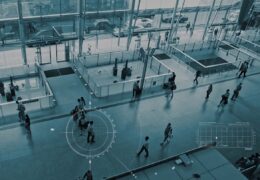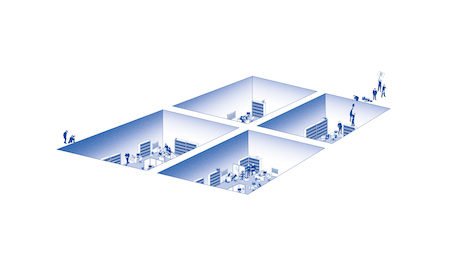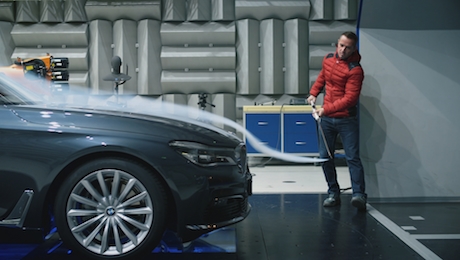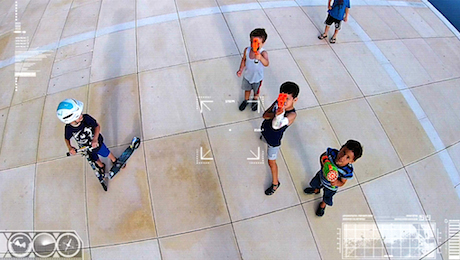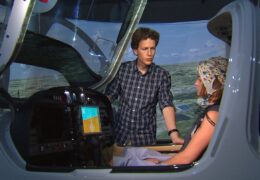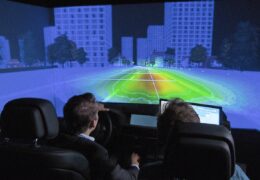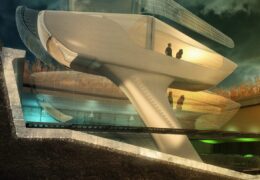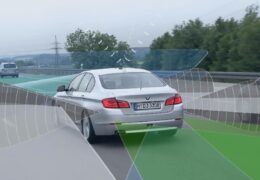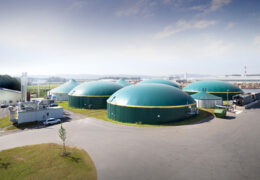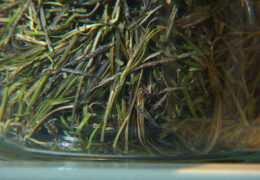THE DARK SIDE OF ALGORITHMS
Algorithms decide whether we are creditworthy, entitled to social welfare and which partner is the right one for us. But what happens if algorithms make mistakes? We tell the stories of people whose lives have been turned upside down after algorithms misjudged their situations. Who is responsible if AI turns out to be a curse rather than a blessing?
